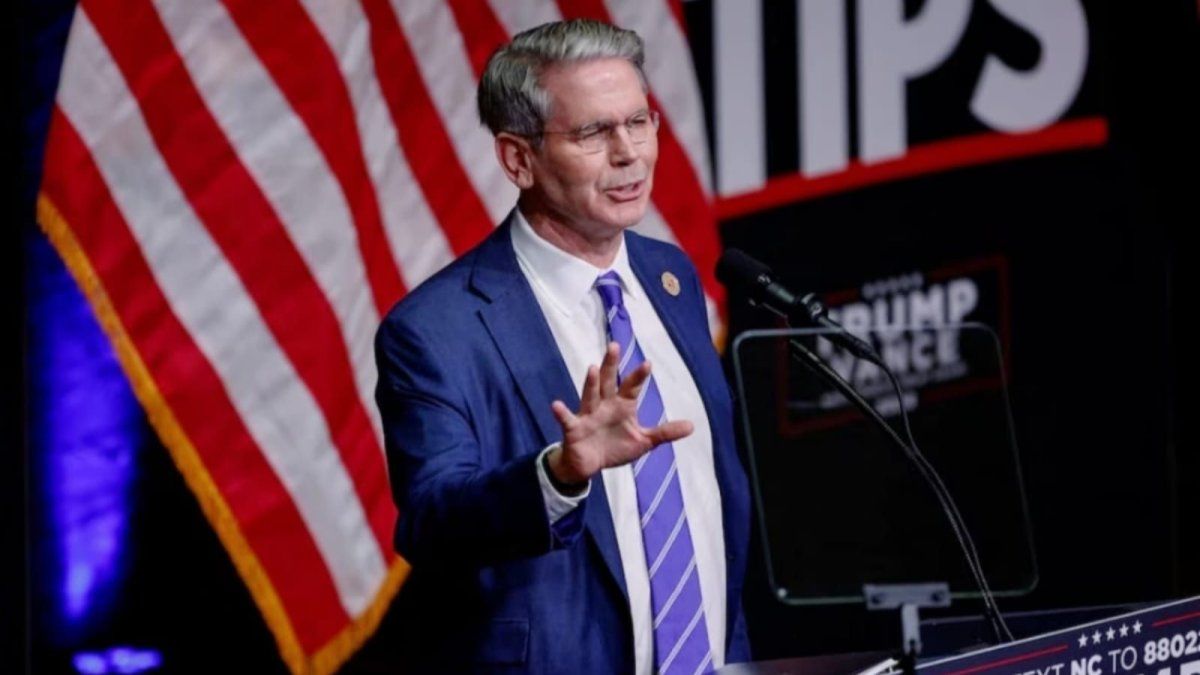I have been working in the news industry for over 6 years, first as a reporter and now as an editor. I have covered politics extensively, and my work has appeared in major newspapers and online news outlets around the world. In addition to my writing, I also contribute regularly to 24 Hours World.
Menu
Government formation: Thuringia and Brandenburg before coalition talks with BSW
Categories
Most Read
Alexander Dobrindt wants to prepare students for possible war
October 26, 2025
No Comments
UN: Biggest humanitarian crisis: Militia reports capture of important town of El Fasher in Sudan
October 26, 2025
No Comments
New start in the environmental department: Henrike Müller is to become environmental senator in Bremen
October 26, 2025
No Comments
UN: Biggest humanitarian crisis: the important city of El Fasher in Sudan is threatened with fall
October 26, 2025
No Comments
Criminal asylum seeker: Police accidentally catch released sex offender
October 26, 2025
No Comments
Latest Posts

Tears of joy for Marco Schwarz after second place in Sölden: “A lot of pressure has been lost”
October 26, 2025
No Comments
Emotional victory for Marco Schwarz. Marco Schwarz: “That’s what we’re working towards” Christian Mitter “It was really emotional today, I have to say. It was

Tennis: Despite leading the set: Zverev loses the Vienna final against Sinner
October 26, 2025
No Comments
PierceI am Pierce Boyd, a driven and ambitious professional working in the news industry. I have been writing for 24 Hours Worlds for over five

Scott Bessent assured that aid to Argentina will not result in losses for US taxpayers
October 26, 2025
No Comments
October 26, 2025 – 12:49 The US Treasury Secretary maintains that aid to Argentina does not represent a bailout or risk for taxpayers, amid internal
24 Hours Worlds is a comprehensive source of instant world current affairs, offering up-to-the-minute coverage of breaking news and events from around the globe. With a team of experienced journalists and experts on hand 24/7.

